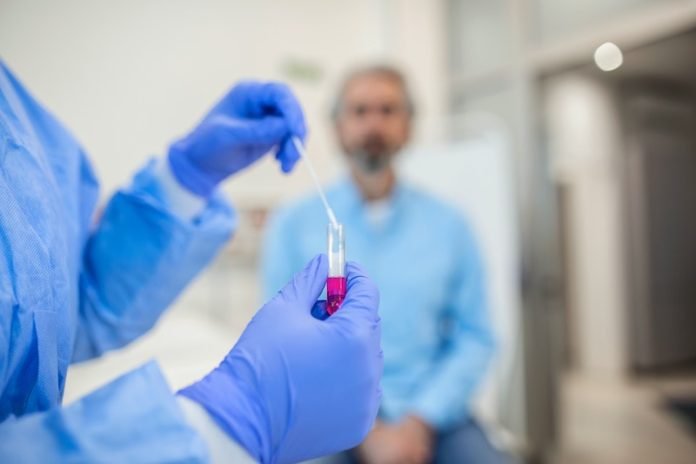
In the United States, about 37 million people, or 15% of adults, suffer from a health problem called chronic kidney disease (CKD).
This is when our kidneys, the organs that help clean our blood, don’t work as well as they should. The two main causes of CKD are diabetes and high blood pressure.
It’s a costly problem too. Every year, the U.S. spends $87 billion on Medicare for CKD and an extra $37 billion on kidney replacement treatments. That’s a lot of money!
The Problem of Late Discovery
One big challenge with CKD is that people often don’t know they have it until it’s very late.
Marika Cusick, a student studying health policy at Stanford Medicine, says this is a big issue. Cusick is the lead author of a study about CKD.
She explains that CKD often doesn’t cause any problems until it’s very advanced. By then, it’s much harder and costlier to treat.
If we could find out who has CKD earlier, we could start treatments sooner, helping these people live longer and better lives.
A Potential Solution
The researchers are now considering a new approach. They’re thinking about screening everyone in the U.S. who’s over 35 for CKD.
Screening means checking people to see if they have a disease, even if they don’t have any symptoms.
The test they use checks for something called albuminuria, which happens when a protein named albumin gets into the urine. Albuminuria is often a sign of kidney disease.
How New Drugs Are Changing Things
Screening for CKD has become more interesting because of new drugs called sodium-glucose cotransporter-2 (SGLT2) inhibitors.
These medicines, which were approved about 10 years ago, can slow down CKD’s progression. They are used for treating type 2 diabetes, but they can also help people with kidney disease.
What the Study Found
The researchers used big U.S. health survey data to see what would happen if everyone over 35 was screened for CKD. They also studied the benefits and costs of using SGLT2 inhibitors.
Their results showed that screening plus using these drugs could prevent 398,000 to 658,000 people from needing a kidney transplant or dialysis during their lifetime.
Dialysis is a treatment that does the job of the kidneys when they’re not working well.
Screening with SGLT2 inhibitors would increase healthcare costs a bit. For example, the lifetime healthcare costs for a 55-year-old would go from $249,800 to $259,000.
But when you think about the money spent on treating advanced CKD and the improved health, the researchers believe this is a good trade-off.
The Big Picture
Jeremy Goldhaber-Fiebert, a health policy professor and the senior author of the study, says that advanced kidney disease is very hard on people and their families. It also costs a lot to treat.
This study suggests that, even though it would be a big project, screening for CKD could improve health and be worth the money and effort.
And by catching kidney disease early, we could help people live healthier, happier lives.
If you care about kidney health, please read studies about how to protect your kidneys from diabetes, and drinking coffee could help reduce the risk of kidney injury.
For more information about kidney health, please see recent studies about foods that may prevent the recurrence of kidney stones, and eating nuts linked to a lower risk of chronic kidney disease and death.
The study was published in the Annals of Internal Medicine.
Copyright © 2023 Knowridge Science Report. All rights reserved.




